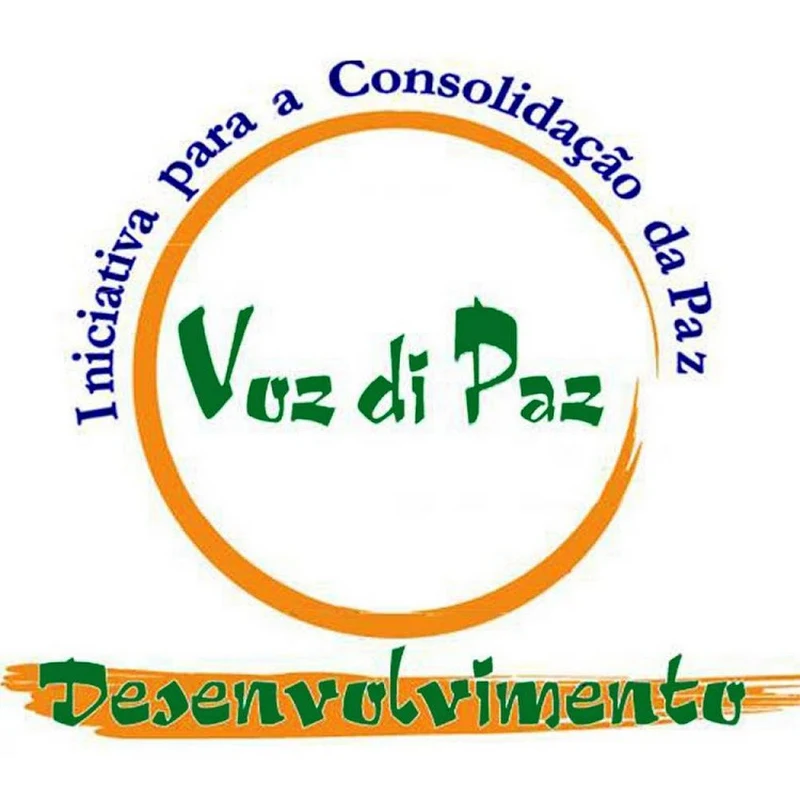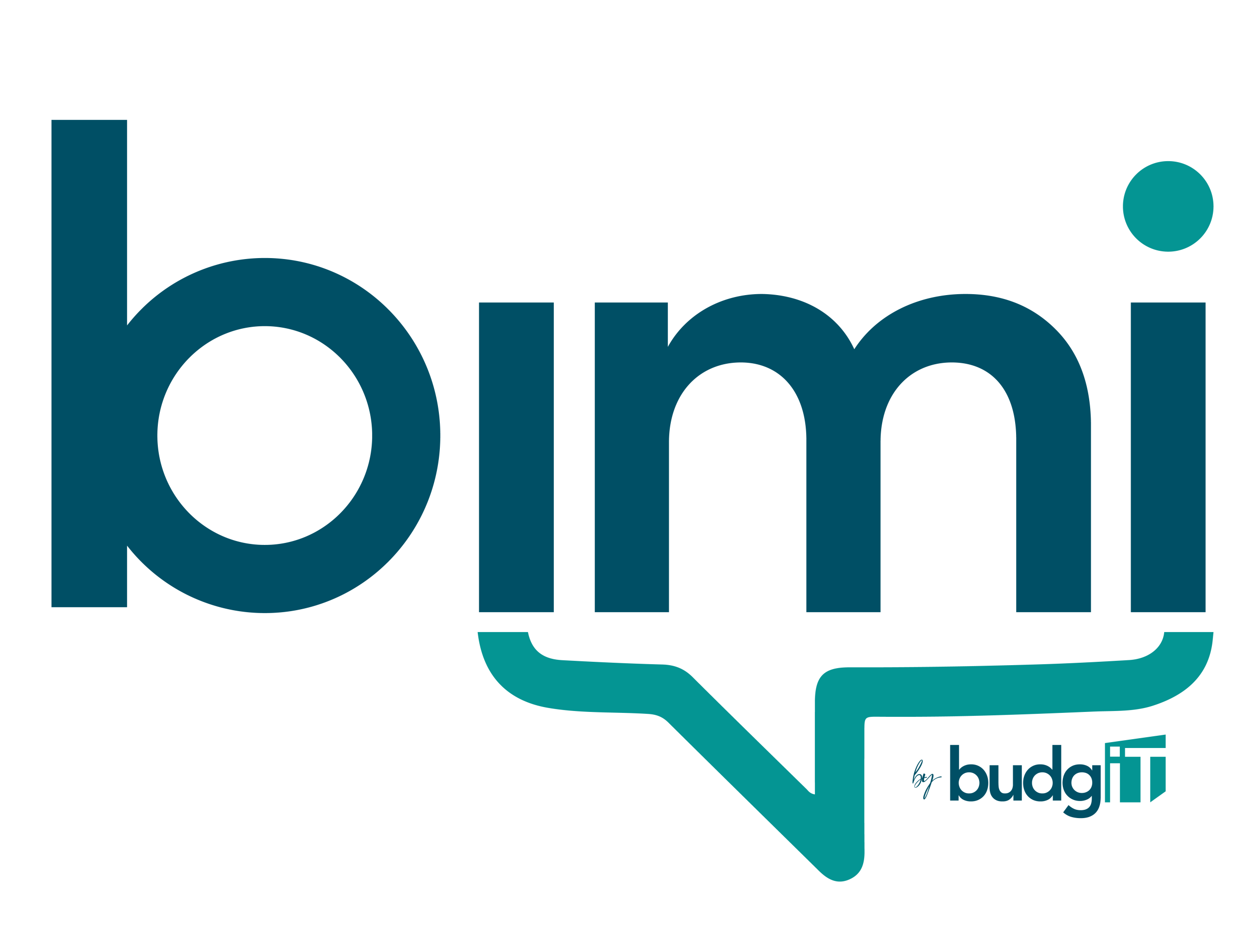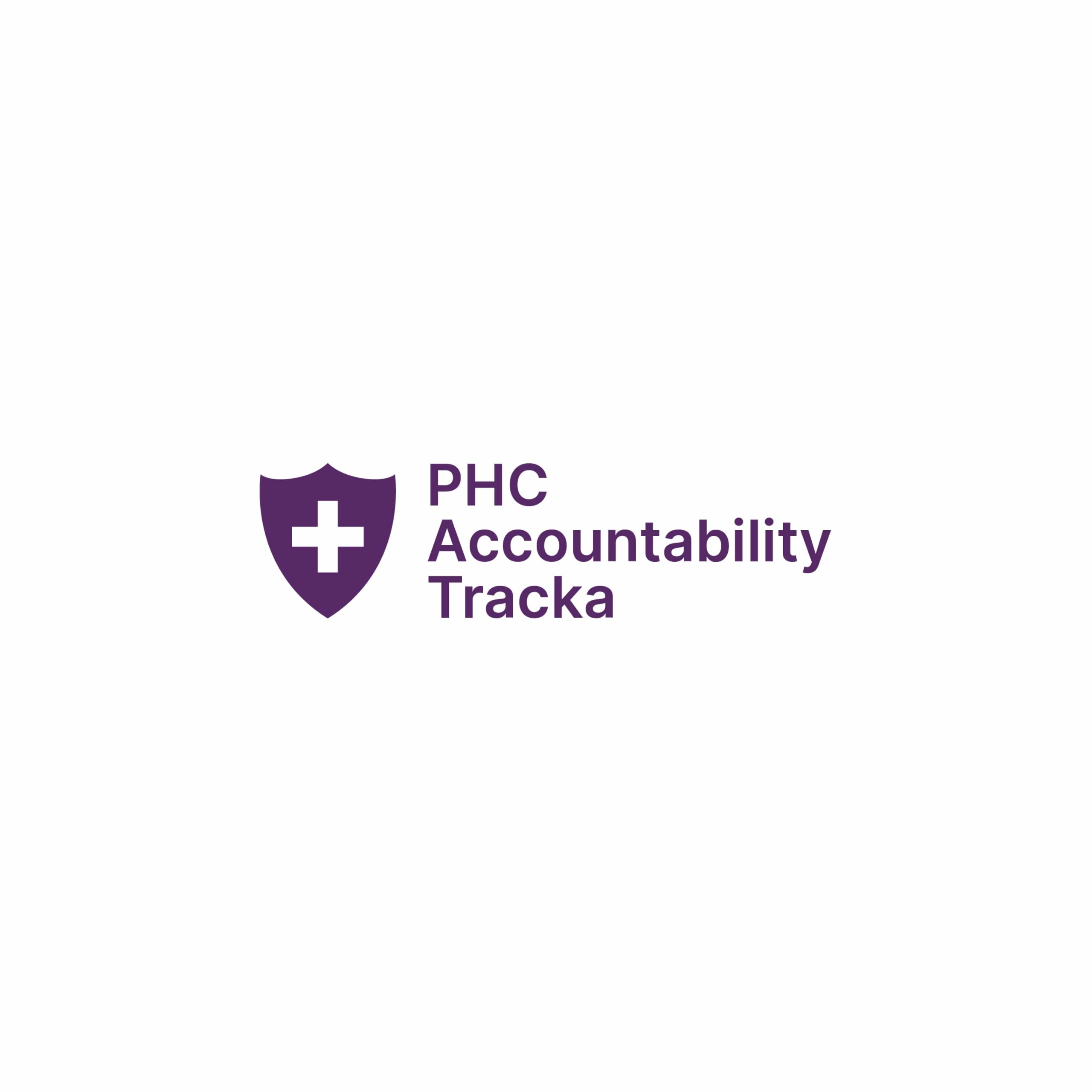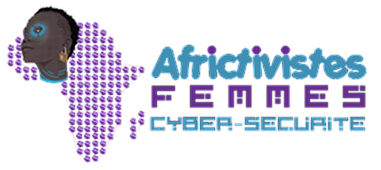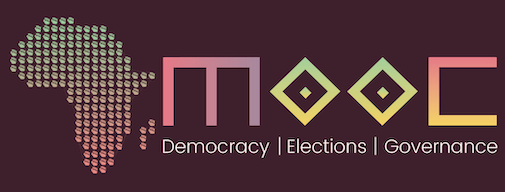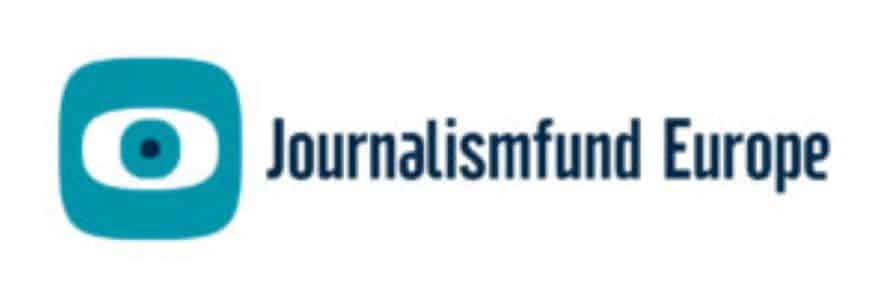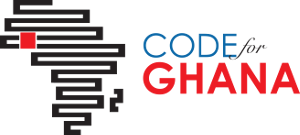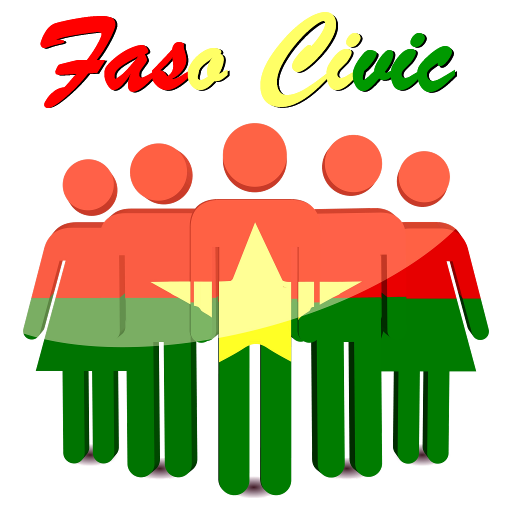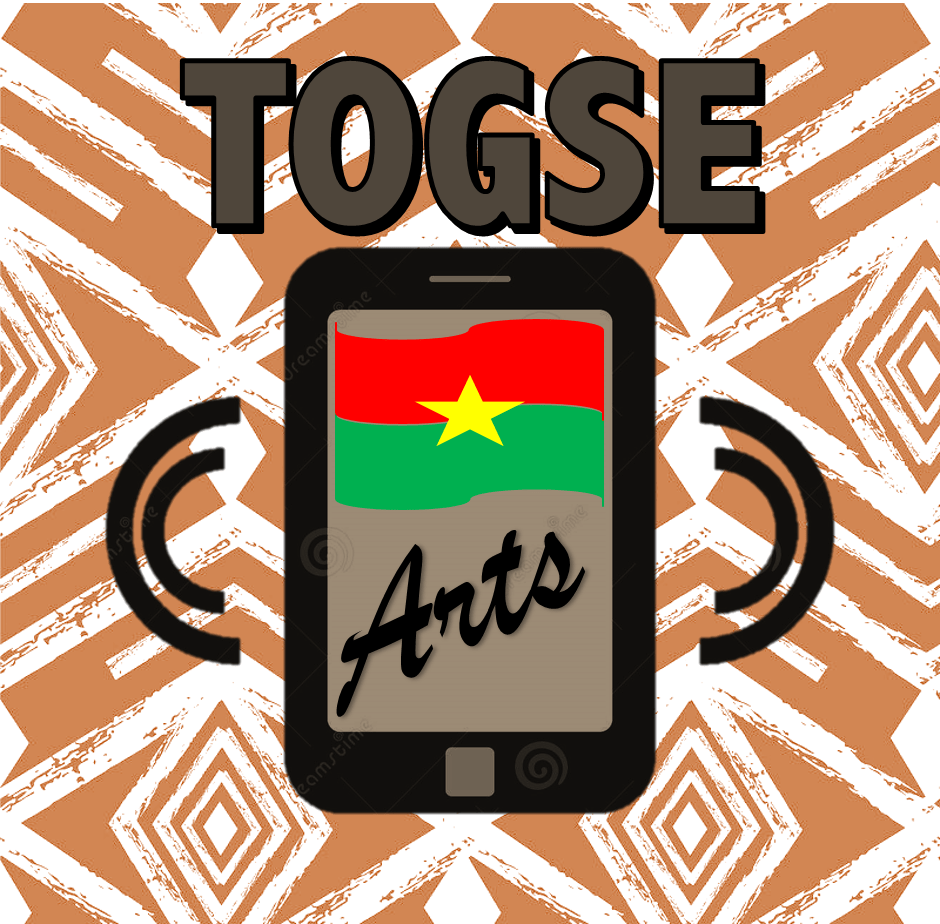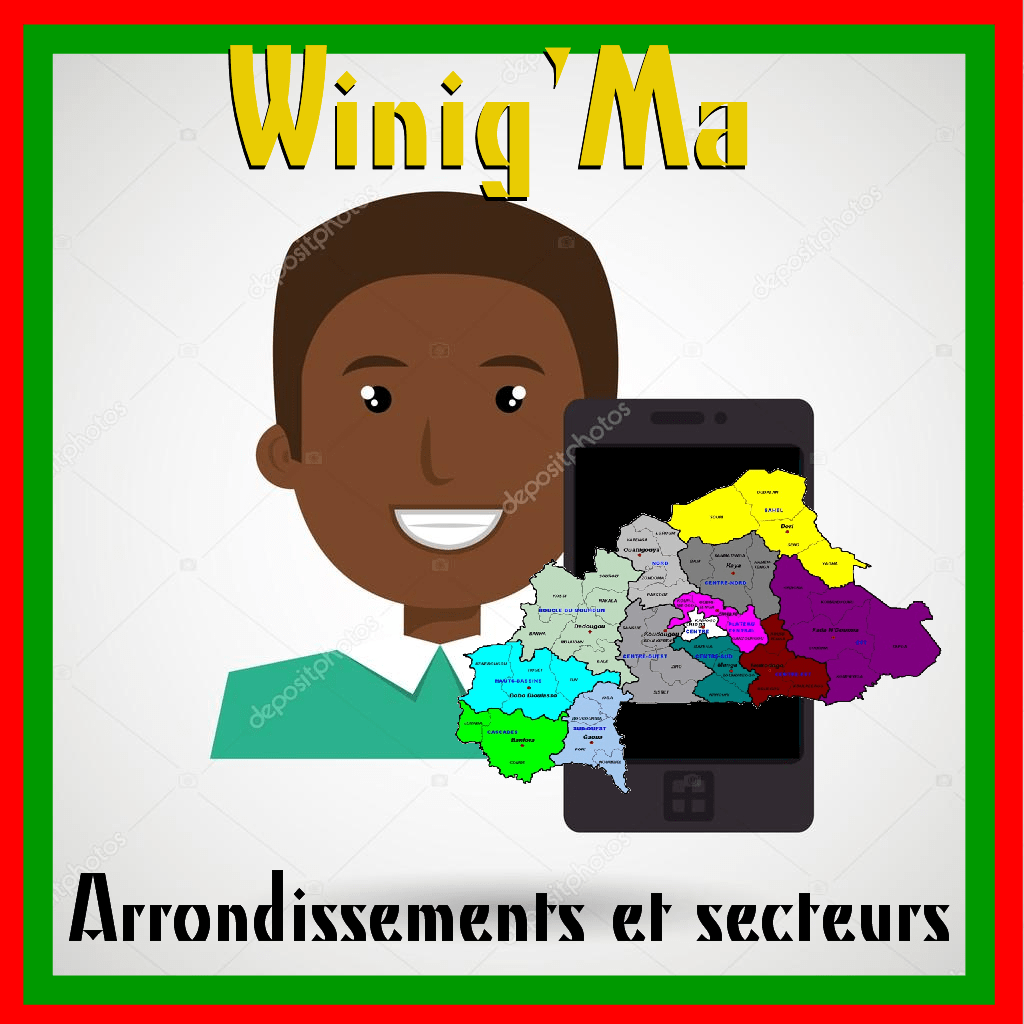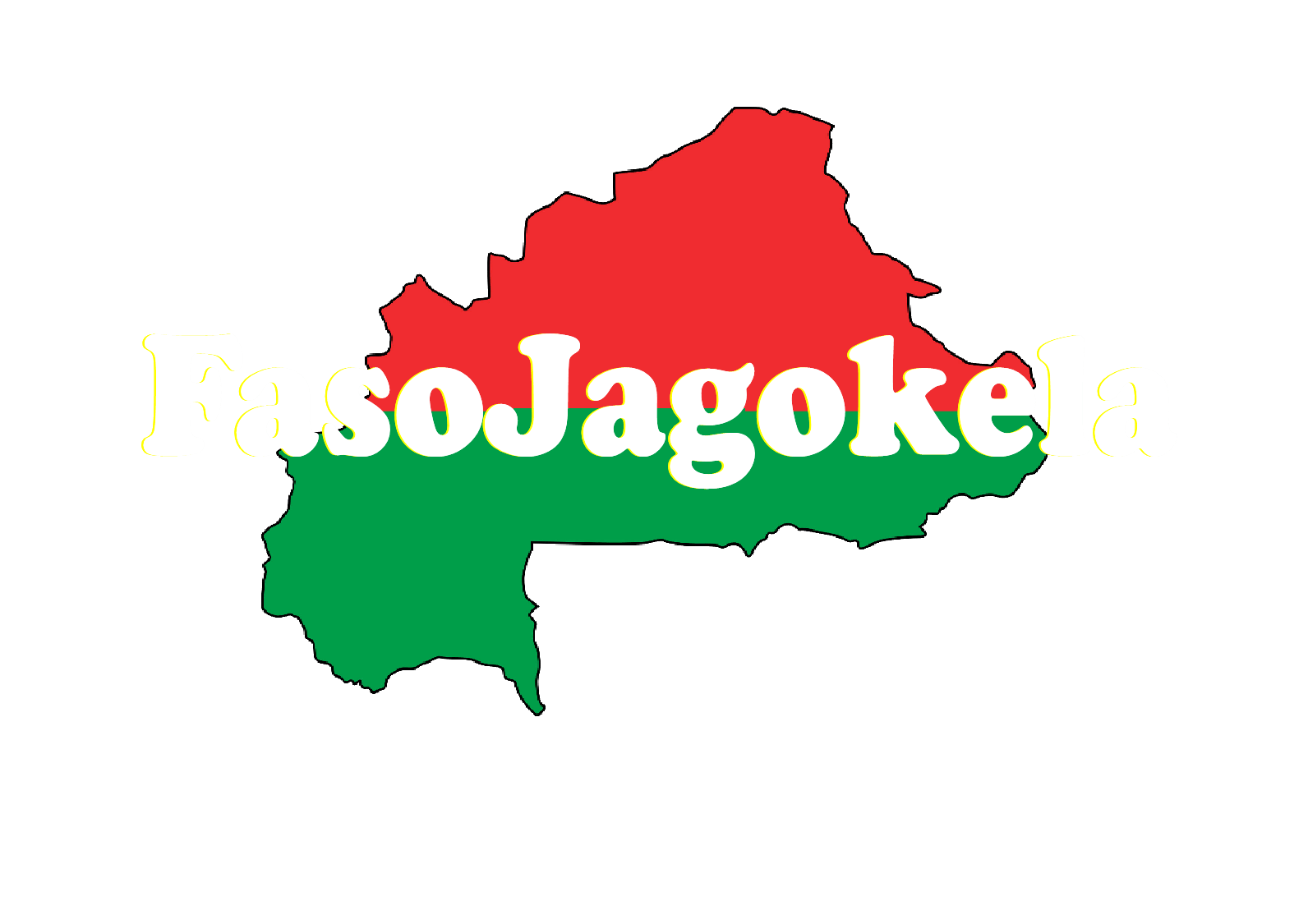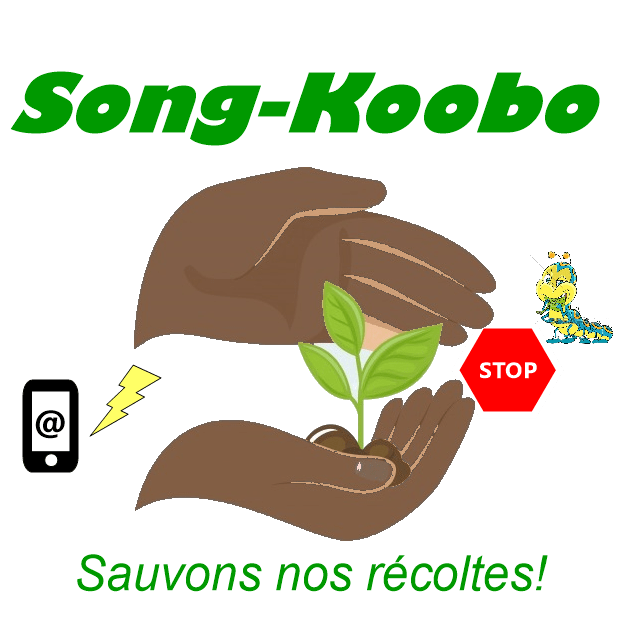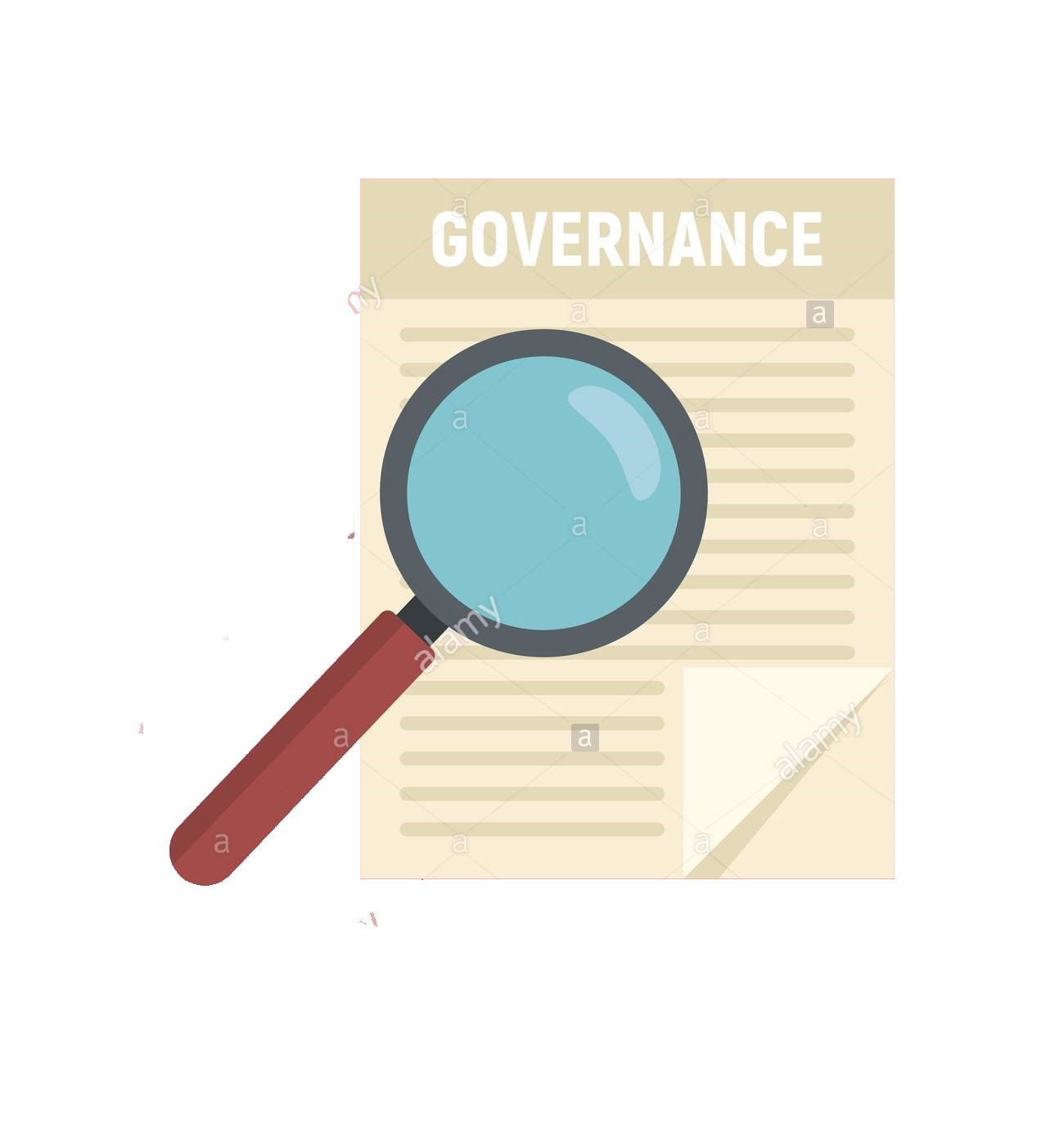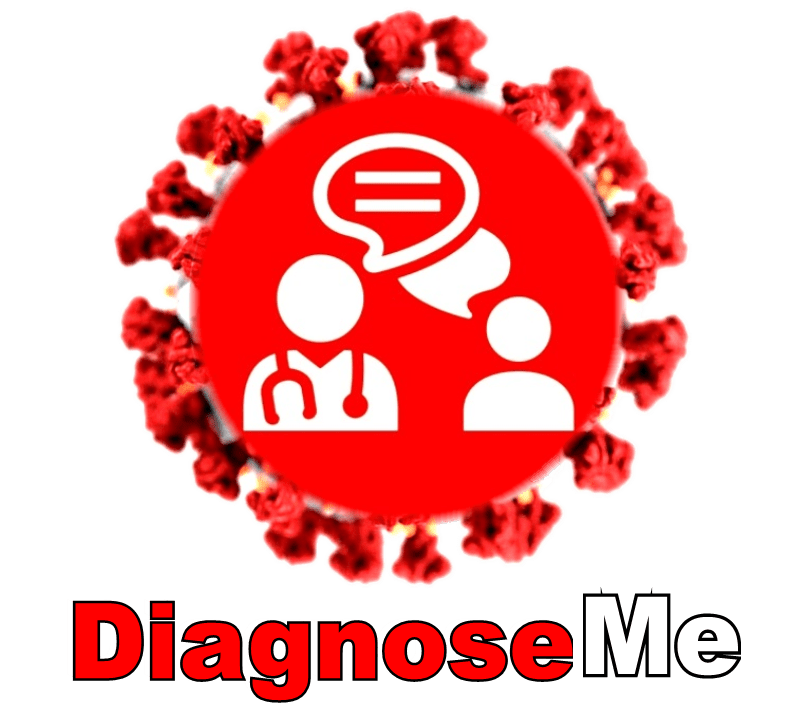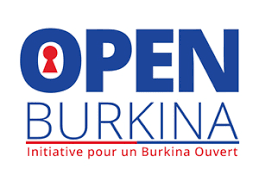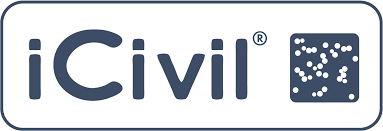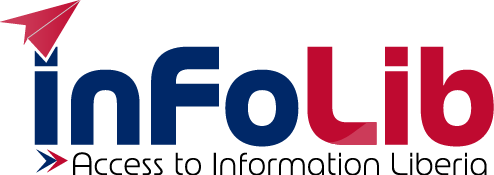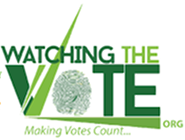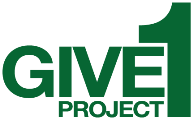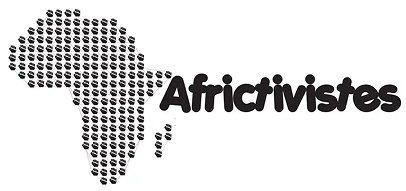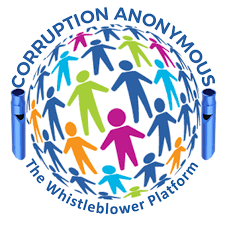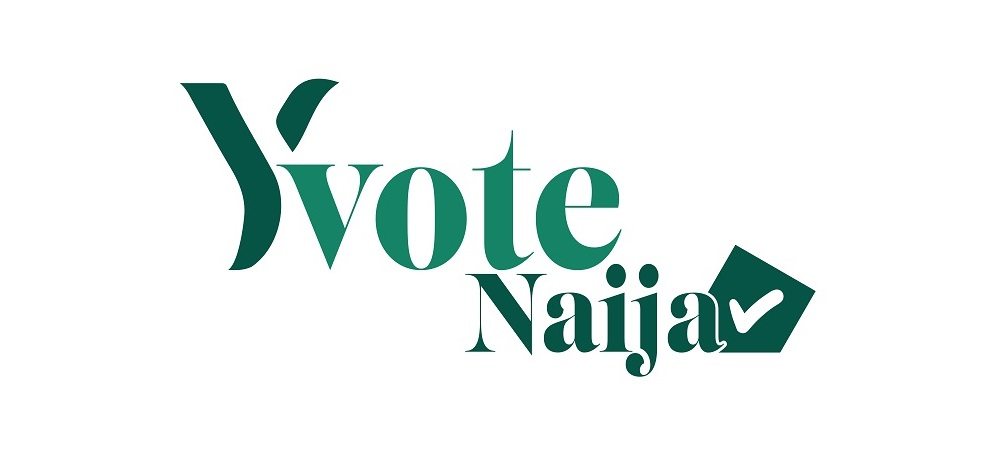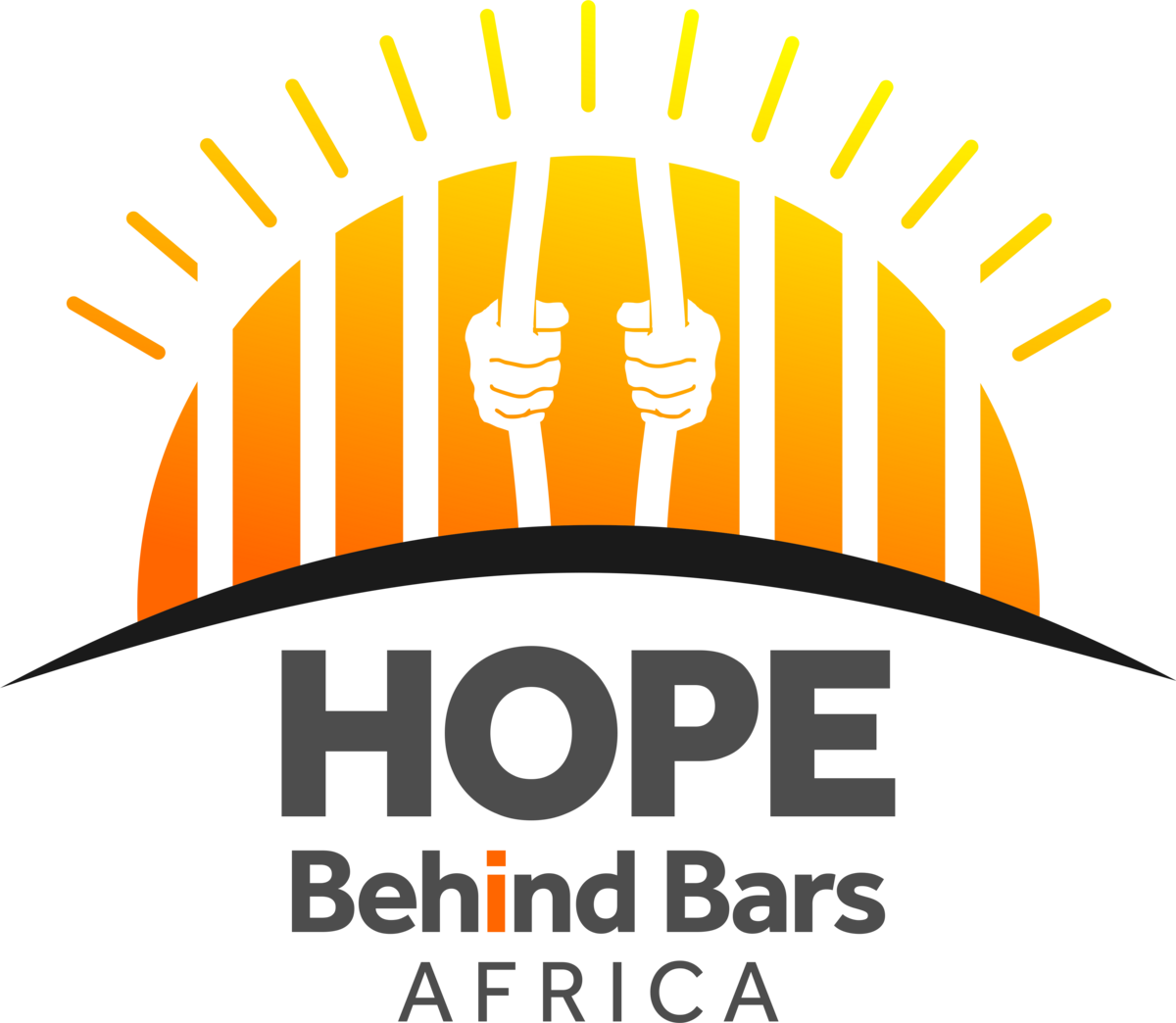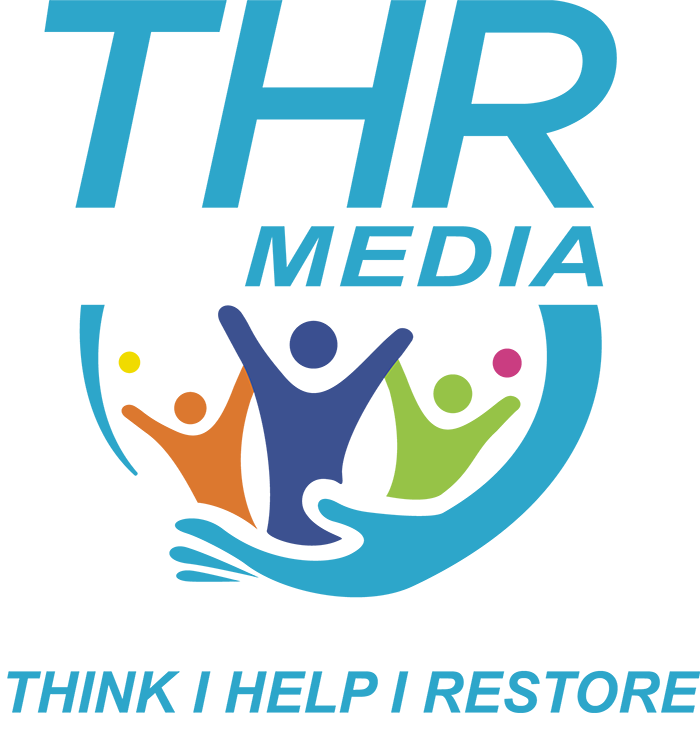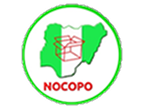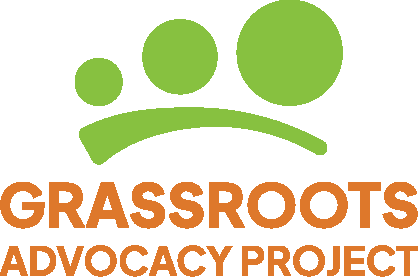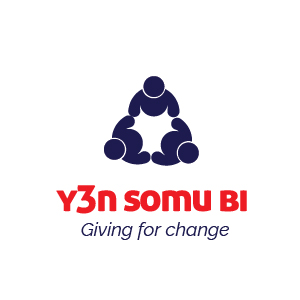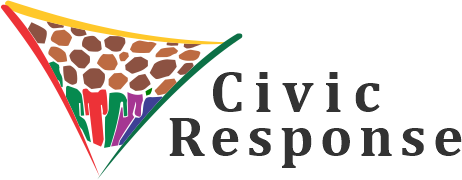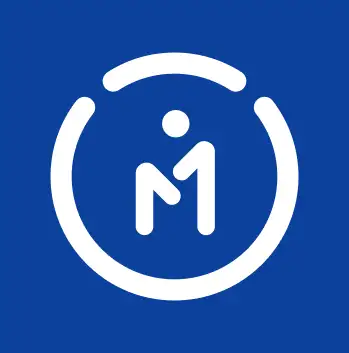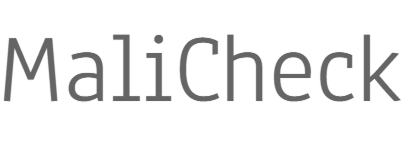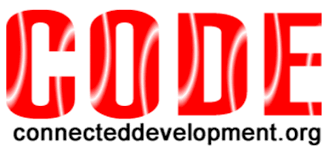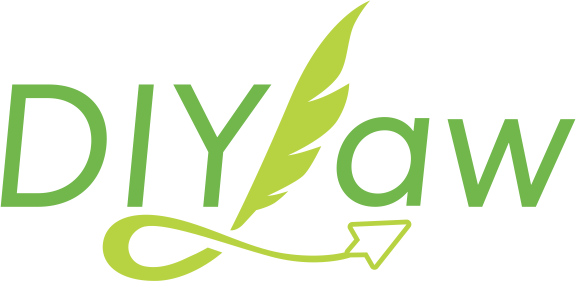On January 30, 2020, the World Health Organization (WHO) declared the novel coronavirus (nCoV) outbreak a Public Health Emergency of International Concern (PHEIC). Initially detected in China in December 2019, the virus spread rapidly to other countries, leading WHO to officially characterize it as a pandemic on March 11, 2020. This declaration marked the start of a global crisis that brought much of the world to a standstill.
West Africa was not spared from the impact, with the region facing the COVID-19 pandemic beginning in March 2020. By March 31, 2022, West Africa had recorded over 900,000 cases and 12,000 deaths, accounting for 10.6% of Africa’s total cases. In addition to COVID-19, the region also grappled with concurrent outbreaks of Cholera, Ebola, and Marburg, further straining its already overburdened health systems.
The health systems in West Africa are particularly vulnerable compared to other sub-regions. A World Health Organization (WHO) assessment found that the functionality of health systems in West Africa was 21% lower than that in Southern Africa, highlighting the challenges the region faces in managing multiple health crises simultaneously.
The Impact of COVID-19 on West Africa
The COVID-19 pandemic had profound socio-economic impacts across West Africa, exacerbating existing vulnerabilities and creating new challenges. Key effects included:
- Rise in Extreme Poverty: West Africa saw a 3% increase in extreme poverty in 2021, as reported by the Economic Community of West African States (ECOWAS). This surge was attributed to the pandemic’s economic disruptions.
- Economic Disruptions: The pandemic led to significant economic challenges, including job losses, reduced income, and disruptions in trade and supply chains. These factors collectively strained the region’s economic stability.
- Strain on Health Systems: The health infrastructure in West Africa, already fragile before the pandemic, was further burdened by the increased demand for medical services and resources to combat COVID-19.
This need for digital solutions and innovations was further emphasized by the pandemic, which accelerated the development and adoption of technology in healthcare, making it an essential tool in mitigating the disease and breaking the transmission cycle. In response to the pandemic, various CivicTech organizations across West Africa developed innovative digital tools aimed at mitigating the impact of COVID-19, providing crucial support to healthcare systems and communities. Leveraging digital technology to offer support, medical consultations, healthcare services, and monitor the spread of the coronavirus has been recognized as a crucial strategy in reducing transmission.
Emerging Civic Tech tools during COVID-19: Innovations across West Africa
This article spotlights how four West African countries utilized the power of technology during the pandemic, showcasing innovative tools that addressed misinformation, strengthened surveillance, and enhanced community engagement. These efforts highlight the region’s capacity for ingenuity and adaptation in the face of a global crisis.
- Nigeria
Nigeria, the most populous country in West Africa with approximately 232.7 million people (50.06% of the region’s population), stands out as a leader in the use of civic technology. In this context, Wellvis, a mobile-based public-facing tool, was developed to support COVID-19 surveillance in Africa and beyond. The platform streamlines risk assessment and enables direct self-reporting to disease control authorities.

BudgIT foundation launched the COVID-19 Transparency and Accountability Project (CTAP) as a means to promote accountability and transparency through the tracking of COVID-19 intervention funds across 9 African countries – Cameroon, Ghana, Kenya, Liberia, Malawi, Nigeria, Zimbabwe, Senegal and Sierra Leone.
The initiative was sponsored by Conrad Hilton Foundation and Skoll Foundation and executed by BudgIT Foundation, Connected Development and Global Integrity.
- Ghana
The “Strengthening COVID-19 Accountability Mechanisms” project in Ghana empowers youth and women-led groups to monitor COVID-19 funds. Through training, research, and advocacy, it promotes transparency, raises public awareness, and encourages citizen reporting of corruption, ensuring accountability in health resource management. In June 2020, Penplusbytes launched the COVID-19 Information for All Hub, a digital platform delivering accurate and accessible COVID-19 information to Ghanaians. Featuring trusted journalism from regional reporters, it uses audio and visual formats to combat misinformation and provide communities with reliable updates during the pandemic.
- Senegal
In response to the COVID-19 pandemic, various initiatives and Civic Tech tools were launched to combat misinformation and support public health efforts. One notable initiative is #Fagarungirmuccu, meaning “warning to protect ourselves” in Wolof, which was developed to address the spread of false information. This initiative collaborates with key health organizations, including the Ministry of Health’s digital response team, the Health Emergency Operations Centre (COUS), and the National Health Education and Information Service (SNEIPS). In addition, Open Knowledge Senegal launched the Covid-19 Dashboard, providing easy access to centralized epidemic data. Engineers from the Polytechnic School of Dakar created the SunuCity app to share official health information and enable users to report health risks through voice, photos, or geolocation. The State Information Agency (ADIE) also introduced Dr. Covid, a WhatsApp virtual doctor, offering reliable information to help the Ministry inform the public. These innovative tools have been pivotal in enhancing Senegal’s response to the pandemic.
- Sierra Leone
Sierra Leone’s response to COVID-19 highlights the transformative power of data-driven innovation in public health. With support from GRID3 and partners, the country utilized high-resolution geospatial data, including population estimates and settlement maps, to identify high-risk areas and optimize resource allocation. This national digital dashboard facilitated targeted interventions, strengthening both pandemic response and preparedness for future health crises, while this might not classify as CivicTech, it is an exemplary application of GovTech.
Conclusion
The COVID-19 pandemic emphasized the critical role of innovation and collaboration in addressing global health crises. The emergence of civic tech tools across West Africa demonstrated how technology can bridge gaps in resources, combat misinformation, and enhance public health response systems. From geospatial mapping in Sierra Leone to virtual health platforms in Nigeria, these initiatives not only mitigated the impact of the pandemic but also paved the way for more resilient health systems. As the region moves forward, these lessons in adaptability and ingenuity will be invaluable in shaping its preparedness for future challenges.
REFERENCE
- COVID-19 in 16 West African Countries: An Assessment of the Epidemiology and Genetic Diversity of SARS-CoV-2 after Four Epidemic Waves
- How Covid-19 is spurring civic tech in Senegal | Heinrich Böll Stiftung | Brussels office – European Union
- COVID-19 Triaging App – Wellvis.org
- Penplusbytes launches Covid-19 information for all hub
- Sierra Leone is fighting smart against COVID-19 – GRID3




